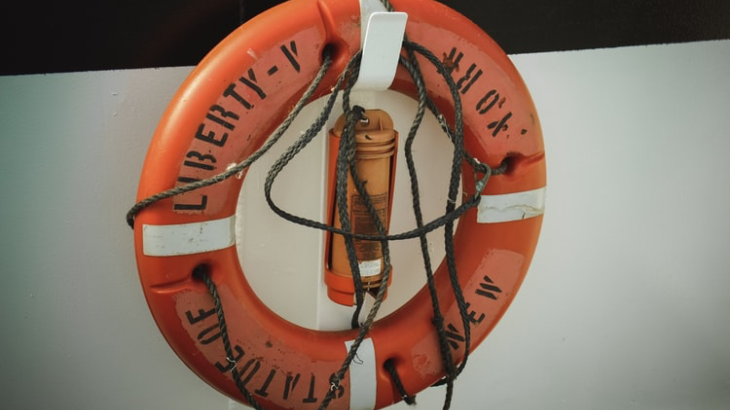There are plenty of benefits to getting into real estate investing. At the top of the list includes residual income in perpetuity and the freedom to work for yourself. Better yet, it’s never too late to get started.
But for many would-be investors, getting started can often be the hardest part. Where does one begin?
Trintals Founder Shankar Thayver got his start shortly after emigrating to the United States in the late 1990s. “There was so much press about how hot the market was and how everyone was making money,” Thayvar said. “I always wanted to own real estate as an investment in addition to retirement accounts and stocks as assets. So I jumped in.”
However, simply jumping into a hot market is no guarantee for success, as Thayver learned some valuable lessons along the way.

Play the long game
The first lesson learned was practicing the art of patience. Any financial investment is about putting money away today in the hopes that, when you need it in a few years, it’s worth a lot more. However, this requires a reasonable time frame to acquire the education and discipline necessary to succeed.
For Thayver, the first three properties he purchased were far from cash cows. In fact, they cost him thousands of dollars each month just to keep things going. Regardless, by having a clear big picture in mind and a desire to get it right, Thayver was able to weather the storm and ultimately come out on top.

Become an expert
He quickly realized that the realtors he worked with did not understand the investment side of buying properties. “It’s easy to show a house and write a contract,” Thayvar said. The challenge is having a finger on the pulse of the industry itself.
So he immersed himself in research. He identified and studied the biggest players in the real estate field, bought some books on investing basics, and joined local real estate investment clubs. “Buying an investment property is all about numbers,” Thayver noted. “Emotion and speculation should be kept aside. Having clear objectives and return expectations are essential.”
The time and money it took to acquire this invaluable insight still pales in comparison to what it would be to go to school. “If I had done this before investing, my portfolio would be a lot bigger than it is now,” Thayver admitted.

Trust the numbers
Trusting the numbers means first being honest with your current financial situation. Do you have good credit? Do you have a reliable income stream and an emergency fund set aside? In lieu of that, Thayver suggests instead to consider the purchase of real estate first as a primary residence, until enough equity is acquired. Then when the time is right, you can convert it into a rental and then buy the next one to move into.
According to Thayver, the biggest benefit to investing in real estate is leverage. “Unlike stocks, you could buy a $250,000 property with $50,000 down and the rest can be borrowed,” he said. “If you buy four of those, that’s a million dollars in assets and you only laid out $200,000. If the market goes up 4 percent every year, then you double your investment in just over five years.”
This also does not include the cash flow from rental income. Thayver added, “If you buy the right property, keep it rented and forget about it, you will come out very well.”
So the answer to how to get started is simple: Set some goals, look for a property that meets them and dive right in!

